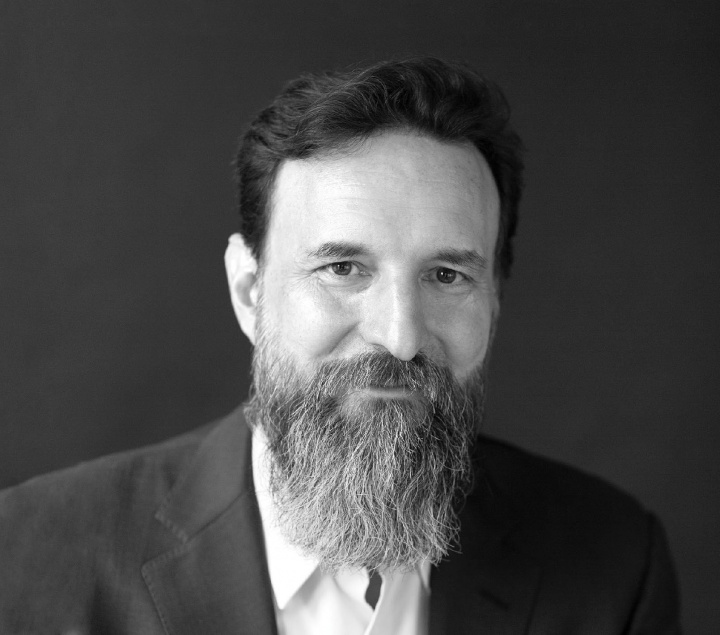Columbia College | Columbia University in the City of New York
Gregory J. Wawro

Brie Mulligan
“I never, ever, ever thought that I would have a concrete example to discuss the fundamental features of U.S. democracy being in danger,” Wawro says. “To have the Capitol be the locus of a violent insurrection is so, so striking. And it’s why I think it’s so important for students to learn about the national legislature.”
Wawro, whose research focus includes elections, campaign finance, judicial politics and political economy, joined the faculty in 1996 after completing his Ph.D. at Cornell. Raised in Pittsburgh, he attended Penn State with the intention of going to law school; by chance, his advisor was married to a poli sci professor who steered him away from pre-law. If Wawro were to change his mind about law school, she reasoned, a political science degree offered greater flexibility.
He started taking poli sci courses and quickly became hooked. The discipline was evolving away from qualitative, non-statistical methods for explaining political phenomena (such as studying individuals, events or contexts), toward a more quantitative approach — one that used surveys and numerical data to analyze concepts like political preferences or party identification.
Wawro was intrigued; then at Cornell, he fell in with associate professor Walter Mebane, who changed the course of his scholarship. “He is one of the most quantitatively talented political scientists in the field, and I realized, this is the kind of work I want to do,” Wawro says. He emerged from grad school as a sort of hybrid scholar, he says; doing quantitative work with qualitative sensibilities. “And, luckily for me, Columbia thought I was a good fit for its brand of political science.”
In October 2022, Wawro spearheaded the launch of a master’s of science in political analytics, a partnership between the Department of Political Science and the School of Professional Studies. “There’s a lot of bad analytics that happens in the political world,” Wawro says. “And I thought, ‘Columbia is well positioned to create a new kind of program that could train students to do better analytics.’ We’re working with great people who have a lot of interaction with the real political world — we’re all really excited about it.”
Because political science is currently the second largest College major (economics is number one), Wawro regularly interacts with large numbers of students. Asked what he enjoys most about teaching, he says, “It’s observing when students realize how the tools of the discipline of political science can help them understand something they care deeply about — whether it be an election result, the passage or failure of landmark legislation, or a Supreme Court decision.”
Wawro is the author of three books; the most recent is 2022’s Time Counts: Quantitative Analysis for Historical Social Science, co-written with Ira Katznelson ’66. Wawro is on leave this year and in the early stages of two projects related to social media and Congress. The first aims to determine to what degree platforms like Twitter might be making congressional elections more competitive; the other is analyzing how people use social media to communicate with and about their representatives (spoiler: not always very politely).
In addition to being expertly attuned to the rhythms of American politics, Wawro is an accomplished musician; he was formerly a drummer for the popular French-language rock band Nous Non Plus, performing under the pseudonym Harry Covert. (When he thought he’d go to law school, his intention was to pursue entertainment law and help other artists navigate the music industry.) He lived an exciting double life as his early years at the College overlapped with NNP mini-tours, but he says the two dovetailed nicely.
“It helped me make connections with more senior faculty who also had musical interests. And it buttressed what I was trying to do as a scholar.” Wawro thinks for a moment, then says with a laugh: “I might be the only Columbia professor to appear in The New Yorker for both his musical exploits and his academic research.”
Issue Contents
Published three times a year by Columbia College for alumni, students, faculty, parents and friends.
Columbia Alumni Center
622 W. 113th St., MC 4530, 6th Fl.
New York, NY 10025
212-851-7852
cct@columbia.edu
Columbia Alumni Center
622 W. 113th St., MC 4530, 4th Fl.
New York, NY 10025
212-851-7488
ccalumni@columbia.edu

